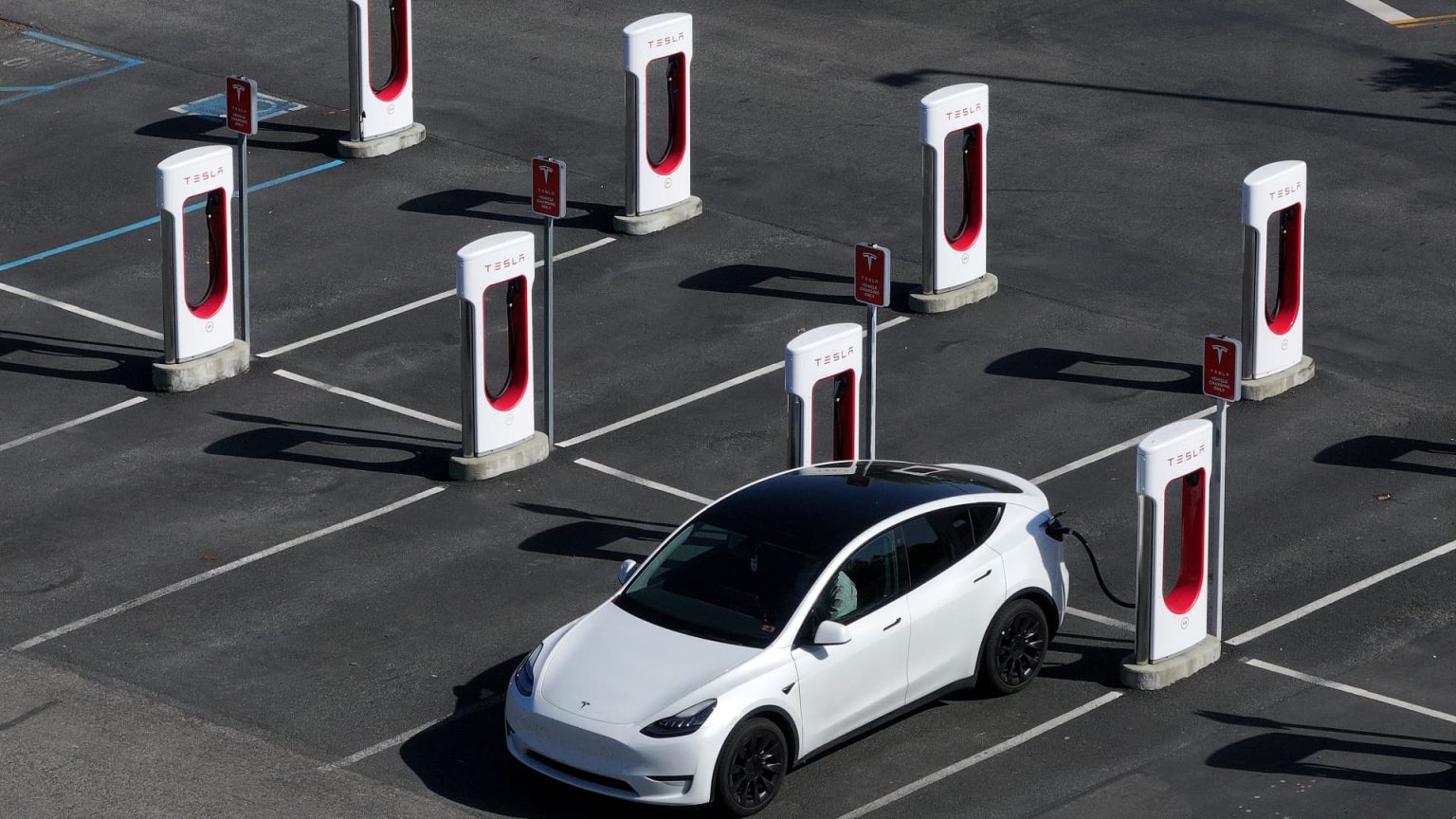Danny Moses, known for his role in “The Big Short,” is sticking with his short position on Tesla shares despite the stock being down 32% this year. He believes that the electric vehicle maker’s core business is falling apart, pointing to CEO Elon Musk’s focus on robotaxis and AI as risky. Moses cites Musk’s decision to cut 10% of Tesla’s workforce, a recent investigation into securities fraud, and uncertainty surrounding the robotaxi as reasons for his bearish outlook. He believes that Tesla’s $150 billion market cap is overvalued and that a $50 valuation would be more reasonable. Tesla closed at $168.47 on Friday, down 2%.
Moses, who successfully bet against the housing market before the 2008 financial crisis, has had a $50 short on Tesla since last November. He sees Tesla as a ‘show me’ story and believes that investors will start to lose patience with the company’s narrative as an auto company. Moses expects Wayve, an autonomous driving company, to emerge as a serious competitor to Tesla, citing their focus on driving in cities. Wayve recently raised over $1 billion in funding from major investors like Nvidia, Microsoft, and SoftBank, in which Moses also has a stake through a venture capital fund. He believes that not enough attention is being paid to Wayve’s potential impact on the autonomous driving market.
Tesla shares fell by 7% last week, with Moses continuing to express skepticism about the company’s future prospects. He remains cautious about Tesla’s reliance on the robotaxi and AI narrative, suggesting that this focus may fade over time. He believes that a $50 valuation for Tesla is more realistic given the current challenges facing the company. Moses sees competition in autonomous driving intensifying, with Wayve poised to challenge Tesla’s position in this market. Despite the recent decline in Tesla’s stock price, Moses remains committed to his short position on the company.
In his interview on CNBC’s “Fast Money,” Moses expressed concerns about Tesla’s management decisions and strategic direction. He criticized Musk’s emphasis on robotaxis and AI, suggesting that these plans may not materialize as expected. He highlighted the risks associated with Tesla’s business operations, including the workforce reductions and the ongoing investigation into securities fraud. Moses’ skepticism about Tesla’s prospects reflects his background in successful short bets, indicating that he believes the company is overvalued and vulnerable to a significant decline in the future. With Tesla facing increasing competition in the autonomous driving market, Moses sees the company’s position as precarious and sees potential for disruption from emerging competitors like Wayve.
Overall, Moses’ bearish outlook on Tesla shares reflects his assessment of the company’s fundamental weaknesses and strategic vulnerabilities. He remains committed to his short position on Tesla, despite the stock’s recent decline, citing concerns about the company’s core business and strategic focus. His assessment of Tesla’s valuation and competitive position underscores the challenges facing the company in an increasingly competitive market for electric vehicles and autonomous driving technology. Moses’ track record of successful short bets and his analysis of Tesla’s prospects suggest that investors should exercise caution when considering the long-term potential of the company’s stock.


